A bloody magnificent “Macbeth”: Muti, singers, CSO and Chorus deliver a Verdi night to remember
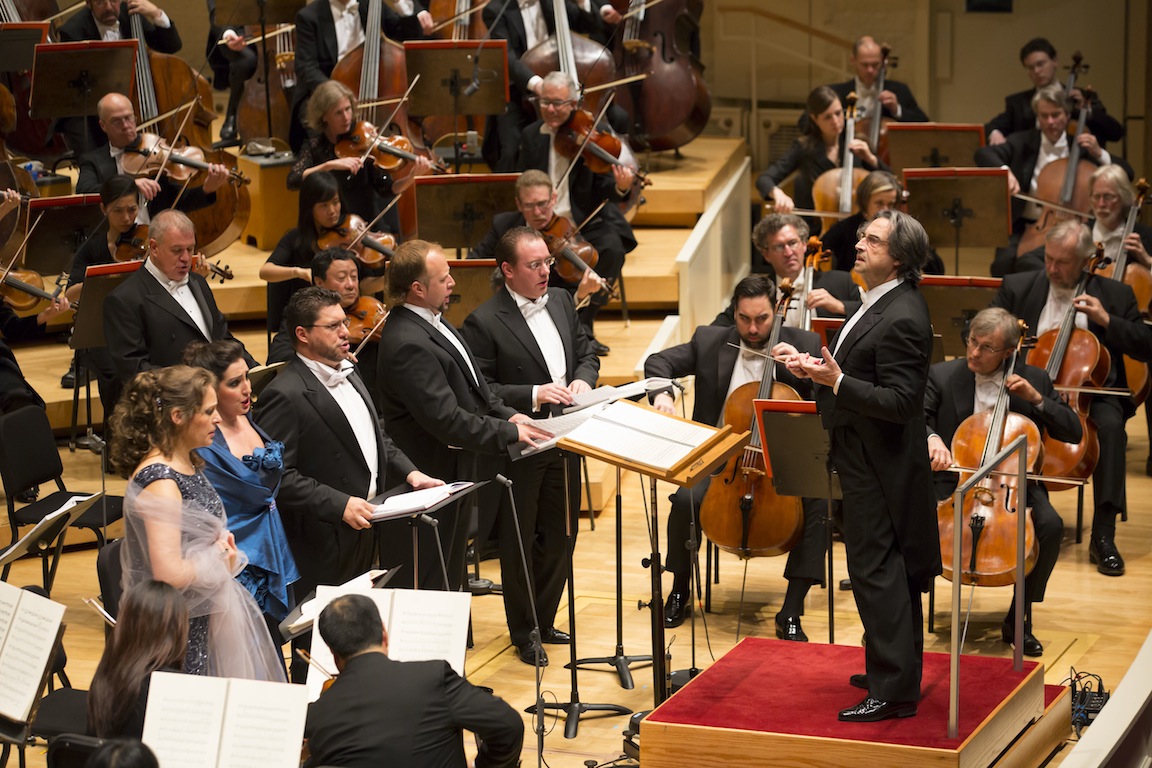
Who needs sets or costumes?
The much-anticipated Chicago Symphony Orchestra concert performance of Verdi’s Macbeth took place Saturday evening and, remarkably, exceeded even the high expectations for this event. Magnificently sung and played, and directed by Riccardo Muti, whose lifetime of Verdi experience and scholarship shone through every bar, this riveting Macbeth was one of the musical highlights of the year, and one of the great, memorable Chicago Verdi nights, even in a city with a long and rich history of Italian opera performances.
It was also a testament to the crackling partnership between Riccardo Muti and the orchestra, which is clearly at its peak in the music director’s fourth season. The hair-trigger responsiveness, whipcrack climaxes, lyric delicacy, and sheer vitality of the playing were technically faultless and, often, astounding. This roiling, powerful Macbeth marks the finest achievement yet from Muti and the CSO, even surpassing the Otello performances of two years ago.
As he has stated, Muti kept largely to Verdi’s later revised Macbeth score, which is the standard for most performances. Such was the knife-edged tension—sustained without letup over the evening’s three hours and fifteen minutes (including two intervals)—and the blazing theatricality the principal singers brought to their roles that the trappings of costumes, sets, and lighting weren’t even missed. The superb cast had not a single weak link.
Luca Salsi was a substitute for the originally scheduled Dario Solari, who withdrew from the title role due to “scheduling conflicts.”
Lucky for Chicago audiences. The Italian baritone was first-class across the board, singing with a dark, burnished tone and outstanding vocal acting that conveyed the overarching ambition as much as the weak and fearful nature of the Scottish regicide. Salsi delivered the big moments with daunting fire and power yet consistently illuminated the character’s twisted psychology as with his hushed sense of awed wonder at the witches’ predictions of Act 1 and his unhinged desperation at seeing Banquo’s ghost at the feast.
Tatiana Serjan proved the perfect evil enabler of Salsi’s Macbeth. Lady Macbeth is a favored role for the Russian soprano, which was manifest in the evil relish and gusto with which she attacked the role.
Like most sopranos, Serjan seemed somewhat less comfortable in the tortuous coloratura demands, though she executed them cleanly if a bit cautiously. But the dramatic moments and amoral core of Lady Macbeth were put across with daunting force and depth of characterization. Possessing a big gleaming instrument, Serjan’s beautifully sung La luce langue nearly stopped the show, and her ironic handling of the Brindisi and mentally askew account of the Sleepwalking Scene—with a glorious diminuendo—are the stuff of truly great artistry. Lyric Opera should sign up Salsi and Serjan for future dates before they leave town.
Dmitry Belosselskiy brought a resonant, Slavic bass and fine legato line to the ill-fated Banquo. As Macduff, the bespectacled Francesco Meli looked like an accountant for Audi, but delivered his Act 4 aria with vibrant and clarion Italianate tone.
Antonello Ceron sang with firm vocalism as Malcolm. Gianluca Buratto was a dark-toned presence in the small duo roles of Assassin and Doctor, and Simge Buyukedes’ imposing soprano cut through the ensembles effectively as the Lady in Waiting.
Chorus member Daniel Eifert was a worthy comprimario as the Servant and Herald. The Apparitions were taken by bass David Govertsen, and singers Katelyn Casey and Lily Shorney whose youthful piping tones suited the roles.
While words and enunciation were not always clear—a persistent shortcoming of the Duain Wolfe era—the CSO Chorus, 156 strong, sang with majestic power and resplendent tone in their varied guises as witches, soldiers, banquet guests and refugees.
But it was the Chicago Symphony Orchestra that brought out all the lilt, volatility, and dramatic punch of Verdi’s score with seismic power, tonal elegance, and individual and corporate bravura under their Italian maestro’s dynamic direction. There are three performances left and this is not an event to miss.
Macbeth will be repeated 7 p.m. Tuesday and Friday and 3 p.m. October 6. cso.org; 312-294-3000.
Posted in Uncategorized
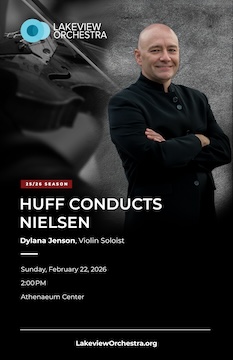

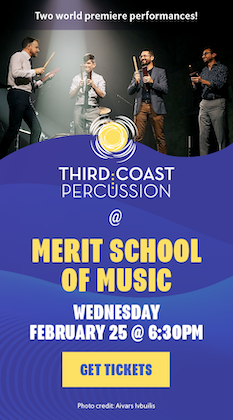
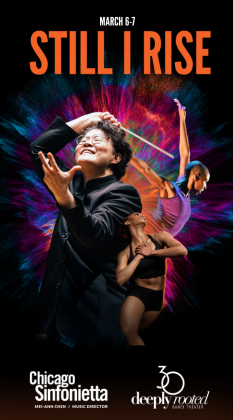
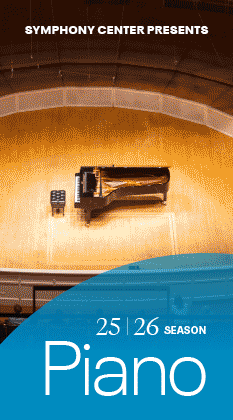
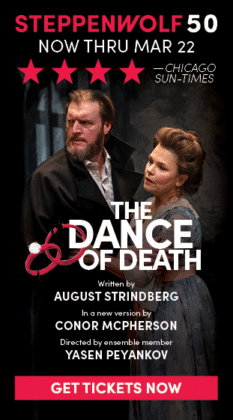
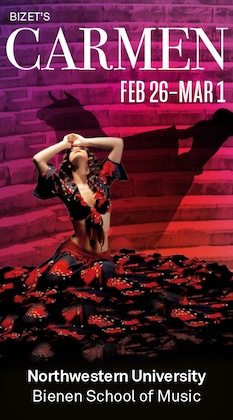
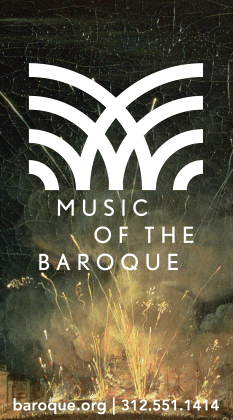
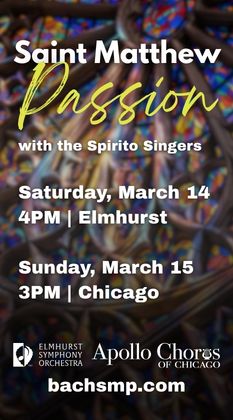
Posted Oct 02, 2013 at 10:59 pm by Martin Jones
I am in agreement with this reviewer. Soloists, especially soprano, were impressive. The chorus added to the majesty, and the incomparable CSO triumphed, delivering a drama that would’ve rendered Verdi breathless with admiration. Muti’s reputation as a Verdi master is not merely chatter but fact. No one could’ve performed this as flawlessly and with as much attention down to the minutest musical detail. I hope that it was recorded and will be issued as a CSO Resound in the future. With or without sets and costumes, Lyric Opera is going to have a heck of a time coming close to matching a performance of this caliber. Truly a concert worthy to commemorate Verdi’s 200th anniversary, and I hope that more people will see it before it becomes another glorious chapter in Chicago’s operatic history.
Posted Oct 27, 2013 at 7:42 am by Allen
I was there after seeing two concerts in that week – Pet Shop Boys and Sigur Ros. Even without the costumes and sets, the spectacle of the orchestra and chorus exceeded the standard rock performance visuals, noises, lights.